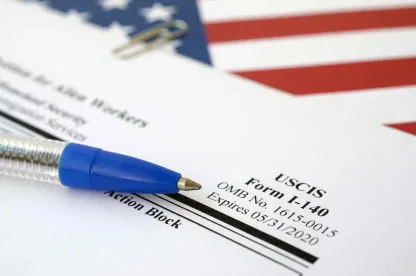Secretary of the Department of Homeland Security (DHS) Alejandro Mayorkas has announced that the public charge rule, put in place by the Trump administration in 2019, is no longer in effect. Instead, DHS will return to its previous policy, which had been in effect for 20 years, since 1999.
In his announcement, Secretary Mayorkas specifically stated that DHS will no longer consider a person’s receipt of Medicaid (except for Medicaid for long-term institutionalization), public housing, or Supplemental Nutrition Assistance Program (SNAP, also known as food stamps) benefits as part of the public charge inadmissibility determination.
This signals the end of close to two years of confusion over the Trump public charge rule. That rule, criticized as a “wealth test,” made it harder for low-income immigrants and non-immigrants, who might use even non-cash welfare benefits, to obtain admission to the United States. The rule was subject to litigation in various jurisdictions. There were injunctions and stays of injunctions. One month the rule was in effect in some jurisdictions, the next it was not, and then the next, it was in effect again. Applicants for adjustment of status or nonimmigrants were never quite sure if the rule would apply to their applications. The Trump administration public charge policy went twice to the U.S. Supreme Court, which is where it sat until March 9, 2021, when the Biden administration decided to stop defending the policy and asked the Supreme Court to dismiss the case – which it did.
This followed President Joe Biden’s executive order, in February 2021, directing a complete review of immigration policies, particularly the Trump public charge rule, in an effort to restore faith in the legal immigration system and reduce barriers to immigration. Once the review is completed, more changes may be forthcoming.




 />i
/>i